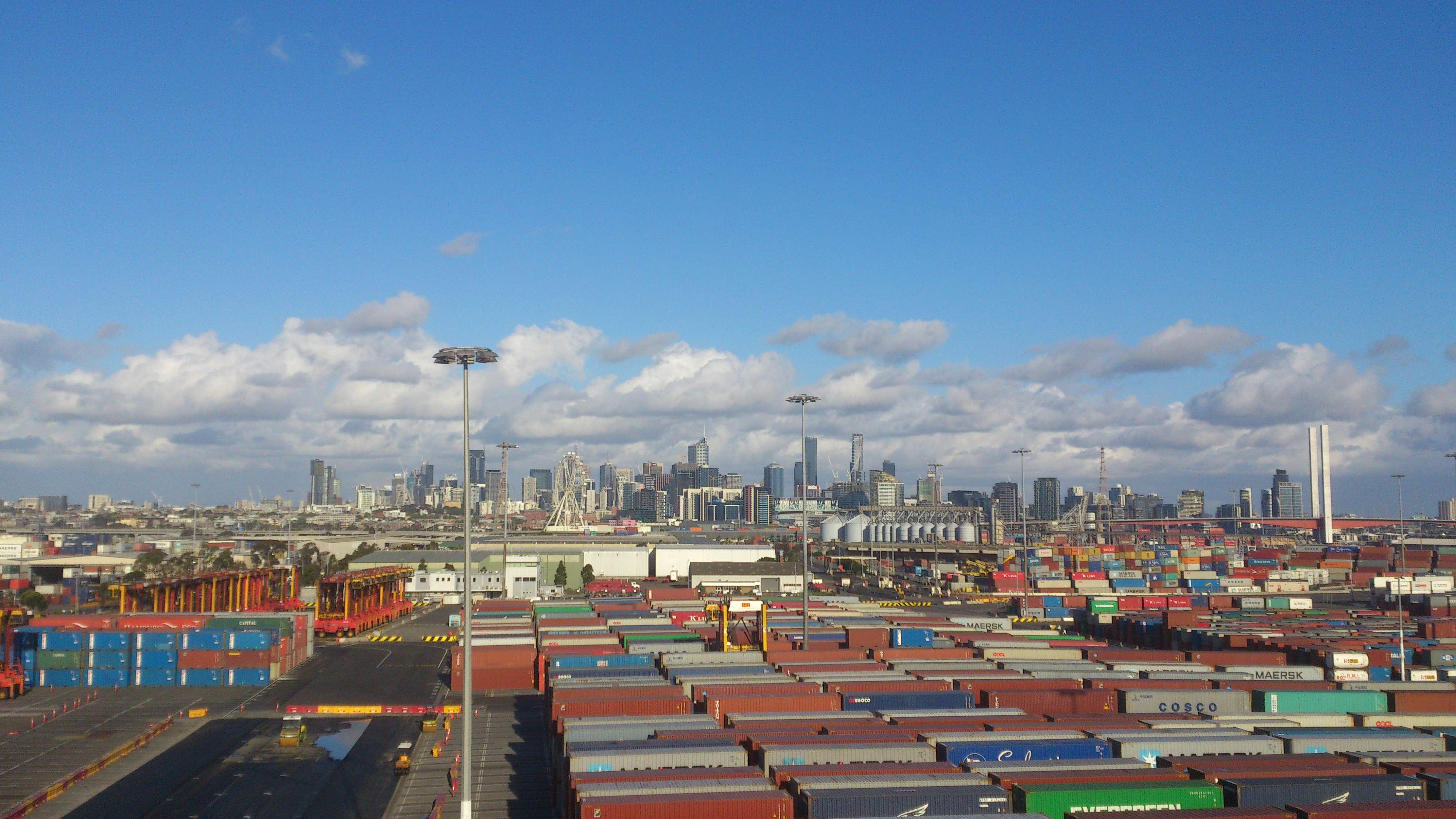制裁相关的尽职调查的重要性
来源:北英保赔协会
对新业务进行充分尽职调查以确保遵守相关制裁规定是船东的责任。
对于合规调查,北英协会提供良好的、稳健的、充分的指导意见。
会员有责任进行充分的尽职调查以尽可能降低因疏忽而违反制裁规定的风险。会员需了解所适用的不同的制裁方案,以及其他各方(包括保险人)也可能属于额外制裁项目管辖范围的情况。
正如常规性的制裁案件一样,有必要从两个部分进行分析。首先应该对计划实施的活动进行调查,对于我们的会员,通常是指所运输的货物,其次是对涉及交易的各方进行评估。
每个公司和个人都有义务了解相关法律并通过核查可用信息以实施尽职调查,确保正在运输的货物、及与之交易的个人/公司均不受制裁;确保交易行为未被其他方面禁止,并不构成制裁活动。
很难确定尽职调查需要达到何种详尽程度,部分原因取决于当事方应遵守何种制裁项目。
就确定某一方是否在制裁名单上应采取的步骤而言,美国当局认为最起码需要依据OFAC清单进行排查,当然仅对OFAC清单进行排查不总是足够的。如果希望需要获得欧盟和OFAC制裁清单,请点击协会官网制裁页面内链接。
制裁调查面临的最大挑战之一就是,即便一个公司没有被明确地列入制裁名单,我们需要采取哪些步骤(如果需要)以确定该公司是否由被制裁个人/实体所拥有或控制。没有一个简单的答案可以回复这个问题,但协会建议适宜的解决方案应该基于风险角度出发。制裁合规政策也可以用来记录某些项目内容,如为确保符合制裁规定所采取的措施、如何对制裁合规进行监控、指定制裁合规负责人、员工培训、以及不同情况下尽职调查的执行程度。
对潜在合作方进行额外的尽职调查包括进行企业调查、聘请外部律师以及由从风险管理供应商处获得报告信息等。还也可以购买软件对个人和公司的受制裁情况进行核查并对其动态进行监控。会员们还应认识到,不仅仅合作方可能受到制裁限制。在航次执行期间与船舶或船东接触的其他各方,如港口代理人、租家、燃油供应商以及港口当局,都有可能受到制裁限制。
It is a shipowner’s responsibility to carry out sufficient due diligence checks on new business to ensure compliance with sanctions.
North provides guidance on what constitutes a good, robust and sufficient compliance program.
It is a Member’s responsibility to carry out sufficient due diligence checks to minimise the risks of an inadvertent sanctions violation. Members should be aware of the different sanctions programs which may apply, and also that other parties (including insurers) may fall within the jurisdiction of additional sanctions programs.
As is often the case in sanctions matters, it can be helpful to break an analysis into two parts. Firstly, there should be an investigation into the activity being contemplated which, for our Members will often be the cargo to be carried, and secondly an evaluation of the parties involved in the transaction.
The onus is on every company and individual to know the law and to conduct due diligence by checking the available information to ensure that the cargo being carried and the individuals/companies being traded with are not sanctioned, that the transaction is not otherwise prohibited, and that it would not constitute sanctionable activity.
It is very difficult to identify the extent of due diligence that is required, not least because it would depend upon the specific sanctions program with which the party is seeking to comply.
In terms of the steps required to establish whether a party is on a sanctions list, there is an expectation from the US authorities that the OFAC lists will be searched as a minimum, although that will not always be sufficient. The EU and OFAC lists can be searched using the links on our sanctions regimes page.
One of the biggest challenges in any sanctions check is to decide what steps, if any, should be taken to ensure that a company is not owned or controlled by a designated person and thus deemed to be sanctioned themselves, even when they do not appear expressly on the lists. There is no easy answer to this but it is suggested that a risk based approach may be appropriate. Sanctions compliance policies can also be used to record such items as the steps that will be taken to ensure that sanctions are complied with, how compliance is monitored, who has responsibility for ensuring sanctions compliance, the training to be provided to employees, and the different levels of due diligence to be completed in different situations.
Additional due diligence on prospective partners can include conducting corporate searches, appointing external lawyers to assist and obtaining reports from risk management providers. It is also possible to purchase software to check the sanctions status of individuals and companies and to monitor any changes. Members should also be aware that it is not only partners who may be subject to sanctions. Other parties with which the ship or shipowner may interact with during the voyage - such as port agents, charterers, bunker suppliers and port authorities – could also be sanctioned.
Author: Peter Scott










